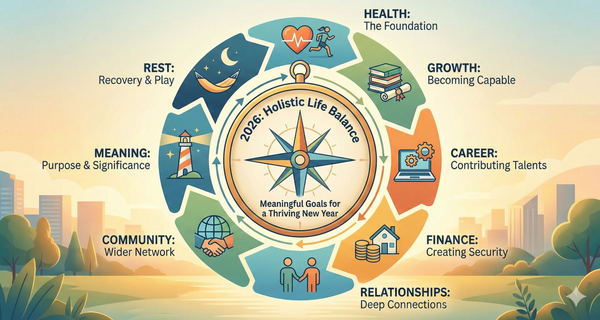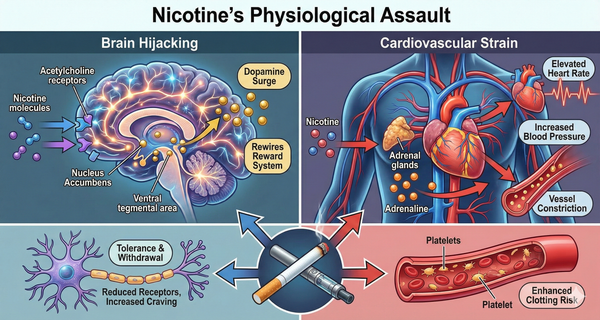Parenting a Child with ADHD: Essential Skills for Success

Understanding ADHD in Children
Raising a child can be one of life’s most rewarding experiences, but it can also pose unique challenges, especially when parenting a child with Attention Deficit Hyperactivity Disorder (ADHD). Characterized by symptoms like hyperactivity, impulsivity, and difficulty maintaining attention, ADHD affects millions of children worldwide, often requiring parents to develop specific skills and strategies to effectively support their child’s growth and development. This article aims to provide parents with essential skills for successfully navigating the complexities of parenting a child with ADHD.
What is ADHD?
Attention Deficit Hyperactivity Disorder (ADHD) is a neurodevelopmental disorder commonly diagnosed in childhood. It affects a child’s ability to concentrate, focus, and control their impulses. As a lifelong condition, ADHD often presents challenges in academic performance and social interactions. Understanding the intricate nature of ADHD is the first step in empowering parents to better support their child’s unique needs.
Common Myths vs. Realities
ADHD is frequently misunderstood, leading to numerous myths about the condition. A common misconception is that ADHD is simply an excuse for poor behavior or parenting. In reality, ADHD has a strong neurological basis, with research indicating differences in brain structure and chemical activity. Another myth suggests that children with ADHD will "grow out of it." While some symptoms may diminish over time, ADHD often persists into adulthood. Dispelling these myths allows parents to approach their child’s condition with empathy and informed strategies.
Core Parenting Skills for ADHD
Establishing Structure and Routine
Children with ADHD typically thrive in environments where there is predictability and consistency. Creating a structured daily routine helps them understand what to expect, reducing anxiety and improving focus. Establish clear, manageable schedules with designated times for homework, meals, play, and rest. Visual aids like charts or checklists can further help your child stay on track, providing them with a sense of control and accomplishment.
Positive Communication and Reinforcement
Effective communication is key to building a trusting relationship with your child. Use language that is clear, simple, and positive. Regularly acknowledge their efforts and achievements, as positive reinforcement is instrumental in encouraging desired behaviors. Praise specific actions to help your child understand what they did well, and offer incentives as motivation. Avoid negative language or punishment that can undermine their self-esteem and exacerbate symptoms.
Effective Discipline Strategies
Discipline in ADHD parenting should focus on guidance rather than punishment. Children with ADHD need clear rules and immediate consequences to connect actions with outcomes. Establish consistent and fair rules, ensuring your child understands them. Utilize time-outs, loss of privileges, or logical consequences as appropriate, emphasizing learning rather than punishment. Be sure to remain calm and patient, demonstrating the self-regulation you wish to cultivate in your child.
Supporting Your Child's Development
Nurturing Emotional Regulation
Children with ADHD often experience intense emotions, making emotional regulation crucial. Teach your child to recognize and verbalize their feelings, providing them with tools to manage emotions like frustration or anger. Practices such as mindfulness, deep breathing, or physical activity can help alleviate emotional overload. Encourage dialogue about emotions, demonstrating empathy and understanding as they navigate their feelings.
Building Self-Esteem and Independence
Self-esteem in children with ADHD is often impacted by frequent criticism or perceived failure. Reinforce your child’s strengths, celebrating their accomplishments and unique qualities. Encourage self-sufficiency by involving them in decision-making, offering choices, and supporting their interests. Foster resilience by educating them on ADHD, instilling confidence in their ability to overcome challenges with the right strategies.
Collaborating for School Success
Partnering with Teachers and Schools
An effective school partnership is vital in supporting your child’s academic success. Communicate proactively with teachers and school staff, sharing insights about your child’s needs and learning styles. Advocate for necessary accommodations, such as extended time for assignments or a distraction-free testing environment. Regularly review your child’s progress and work collaboratively to adjust strategies, ensuring school becomes a place of growth and achievement.
Parental Self-Care and Support
Why Your Well-being Matters
Parenting a child with ADHD can be demanding, making self-care essential to maintaining your well-being. Prioritize your mental and physical health by engaging in activities that replenish your energy and reduce stress. Seek support from support groups or professional counseling to share experiences and gain insights. Remember, taking care of yourself equips you with the strength and patience necessary to support your child effectively.
Conclusion
Parenting a child with ADHD requires patience, adaptability, and a toolkit of strategies tailored to your child’s specific needs. By establishing structure, fostering positive communication, and collaborating with educational institutions, parents can significantly enhance their child’s development and overall well-being. As you nurture your child’s self-esteem and independence, remember to prioritize your self-care. With these essential skills, you can navigate the journey of raising a child with ADHD, offering a path of hope and encouragement as they achieve their fullest potential.




